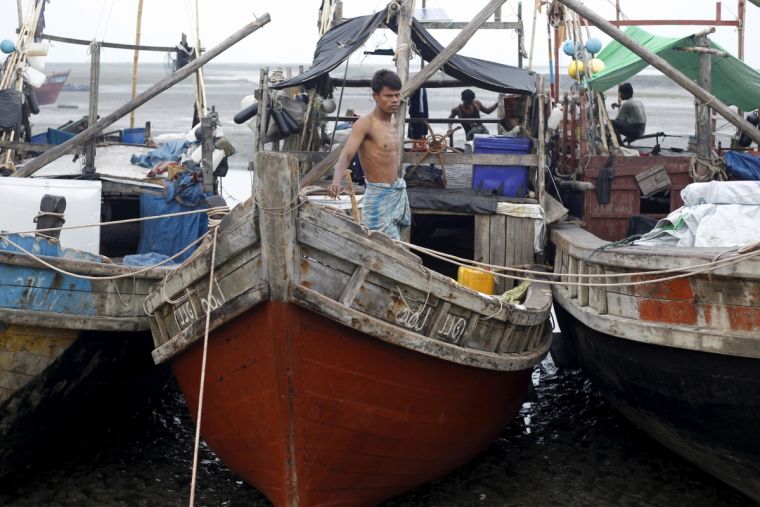Burma: Europeans unite to call for end to Rohingya persecution
A coalition of European groups have called on the new Burmese government to address the Rohingya crisis that has left 150,000 people displaced.

Rohingya Muslims have born the brunt of Buddhist nationalism in Burma. They have been denied citizenship – it is claimed they migrated from Bengal, though the Rohingya maintain they are indigenous. Of the 150,000 displaced, many are living in camps described by senior UN officials as having some of the worst conditions in the world. Over 10 per cent of the population, 100,000 people, have fled the country.
The European Burma Network (EBN), which is a coalition of European organisations working in Burma including Christian Solidarity Worldwide, wrote an open letter challenging the new NLD led government.
They urged the government to address the legacy left by the military government, which "pursued a twin track policy of repression and impoverishment in an attempt to drive the Rohingya ethnic group out of the country."
Acknowledging that the new government will face "enormous challenges", the letter said: "given the seriousness of the humanitarian and human rights crisis, bold and decisive action is needed immediately to start to address this issue."
The EBN has called for a repeal of the 1982 citizenship law which denies full citizenship to the Rohingyas, identifying this as lying "at the root of most of the discrimination faced by the Rohingya".
The letter was signed by Actions Birmanie (Belgium), Association Suisse-Birmanie, Burma Action Ireland, Burma Campaign UK, Burmese Rohingya Organisation UK, Christian Solidarity Worldwide, Info Birmanie (France), Society for Threatened Peoples and Swedish Burma Committee.
The NLD has been criticised for previously saying little about how it will address the Rohingya's situation.











